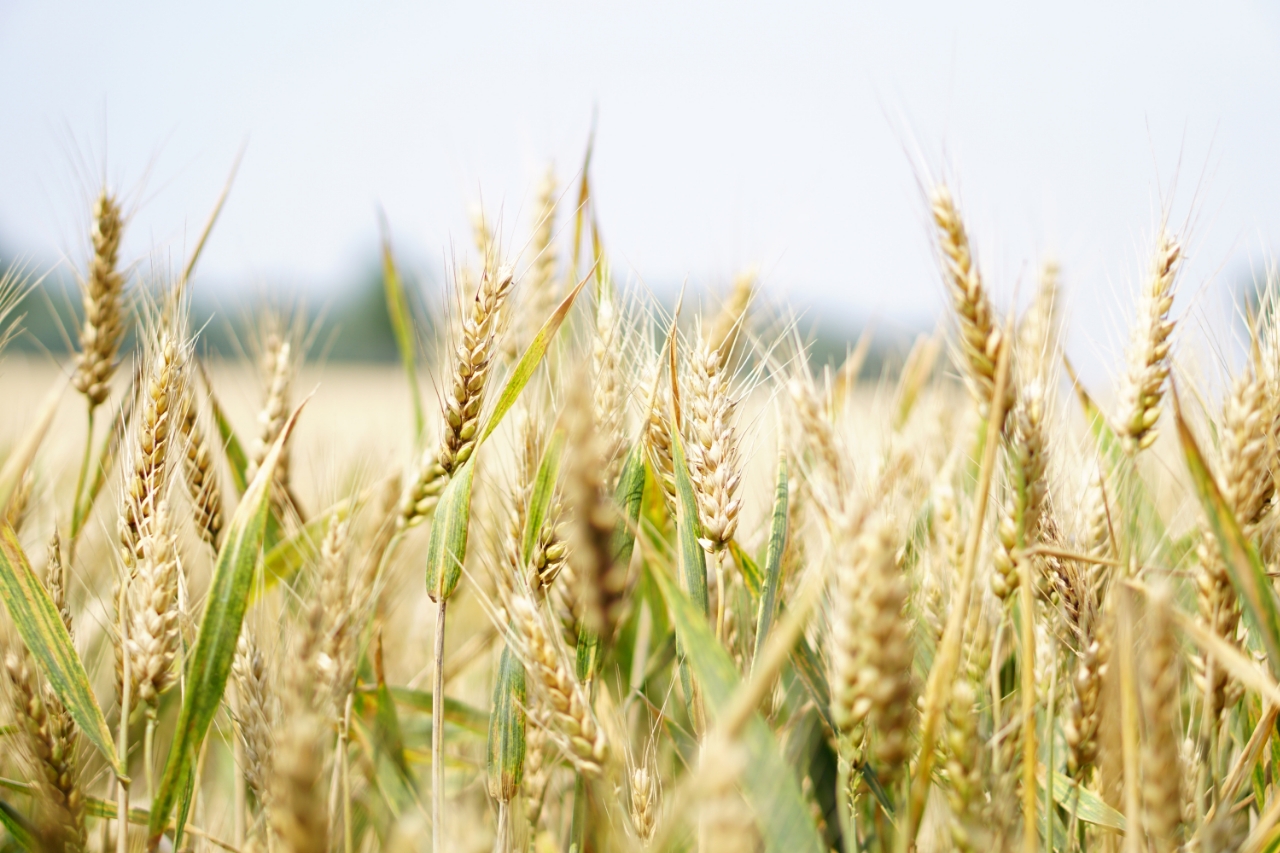With wheat rates on the rise, Pakistan is facing a flour crisis.
The cost of wheat in Pakistan has been on the rise, and this has caused a severe flour crisis throughout the country.
As the price of wheat increases, so does the price of flour, and with the lack of access to affordable wheat, many people are unable to buy the flour they need to make meals for their families.
This is an alarming situation and has become a cause of great concern for the people of Pakistan.
The increase in wheat rates
In recent months, the cost of wheat has been steadily increasing in Pakistan, leading to a severe shortage of flour and rising prices.
This increase in wheat rates has been attributed to a combination of factors, including a weaker Pakistani rupee, reduced exports due to an ongoing global pandemic, and a decrease in domestic production.
The price of wheat has increased more than 40 percent in the last year alone, with the average rate now hovering around Rs 3000 per 40 kilograms.
This has had a significant effect on the availability of flour in the country, leading to a severe shortage.
The higher cost of wheat is also making it more difficult for poorer families to purchase flour for their everyday needs.
With wheat rates on the rise, Pakistan is facing a flour crisis.
This crisis has been compounded by the government’s decision to stop importing wheat from abroad in order to save foreign exchange reserves.
This has resulted in less wheat entering the country, creating further scarcity and driving up prices even more.
As a result, the availability of flour in Pakistan has become severely limited, leading to a crisis that is affecting both ordinary citizens and businesses alike.
The flour crisis in Pakistan
The flour crisis in Pakistan is a growing concern as wheat prices continue to rise.
According to the International Grains Council, wheat prices in the country have been on an upward trend since the beginning of 2021, reaching an all time high in May.
The sharp increase in wheat prices has resulted in an unprecedented flour crisis, with reports of hoarding and black-marketing of the staple food.
The government has acknowledged the crisis and taken steps to address it.
In response to the rising cost of wheat, the government has announced a subsidy for the commodity, resulting in a reduction in the price of flour.
However, this has not had much effect, as the market rate remains significantly higher than the subsidized rate.
The flour crisis has had a devastating impact on the people of Pakistan.
The price increase has put a strain on already low incomes and put basic staples out of reach for many. Even those who can afford it often have to purchase lower quality flour due to the shortage of the more expensive varieties.
As a result, families are struggling to meet their nutritional needs and are resorting to buying cheaper foods with fewer nutrients.
With wheat rates on the rise, Pakistan is facing a flour crisis.
The crisis has also highlighted the lack of infrastructure and regulations in place to protect consumers from market manipulation.
The government needs to do more to ensure that all consumers have access to basic staples at fair prices, and that prices remain stable over time.
The government’s response to the crisis
The Pakistani government has been taking steps to address the flour crisis in the country.
In April 2020, the government announced a relief package of Rs.
120 billion to subsidize the price of wheat and other essential commodities.
This package has been implemented on a temporary basis, with the objective of mitigating the impact of the crisis on the general public.
In addition, the government has increased its efforts to facilitate the import of wheat and other essential items from abroad.
This includes measures such as reducing customs duties, waiving taxes, and providing incentives to traders and importers.
The government also introduced a series of price control measures, including imposing limits on the price of flour and other commodities.
Moreover, the government has taken steps to ensure that the supply chain remains uninterrupted, by instituting measures to streamline the transportation process.
With wheat rates on the rise, Pakistan is facing a flour crisis.
This includes increased enforcement of safety protocols for trucks transporting goods, and ensuring timely payments to suppliers.
Overall, the Pakistani government is taking significant measures to address the flour crisis in the country.
These efforts have been met with some success so far, although much more work needs to be done to mitigate the impact of the crisis on the people of Pakistan.
The impact of the crisis on the Pakistani people
The flour crisis in Pakistan is having a devastating impact on the people of the country.
As wheat prices have risen, so too has the cost of flour, making it increasingly difficult for the average Pakistani to afford the staple food item.
This has resulted in a decrease in consumption of flour-based products, leading to further economic difficulties.
In addition, some small businesses that relied on flour production as their primary source of income are now facing severe losses.
The situation is compounded by the fact that the government has failed to provide adequate support to those affected by the crisis.
People are struggling to meet their basic needs and many families are unable to put food on the table.
This situation is a major cause for concern and highlights the need for more effective policies to protect vulnerable populations in times of crisis.
It is essential that the government take immediate action to address this issue and ensure that all Pakistanis have access to affordable, quality flour. Read more
